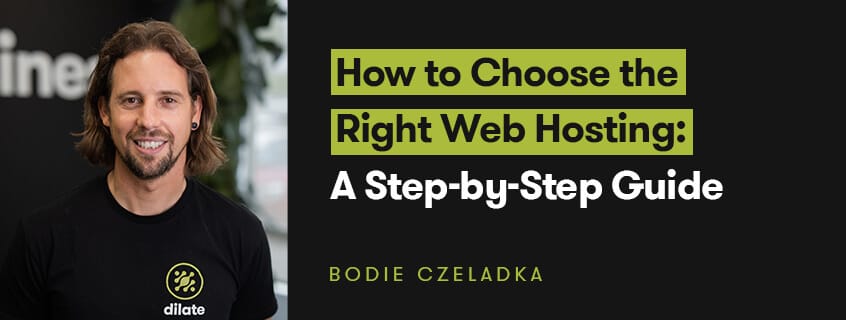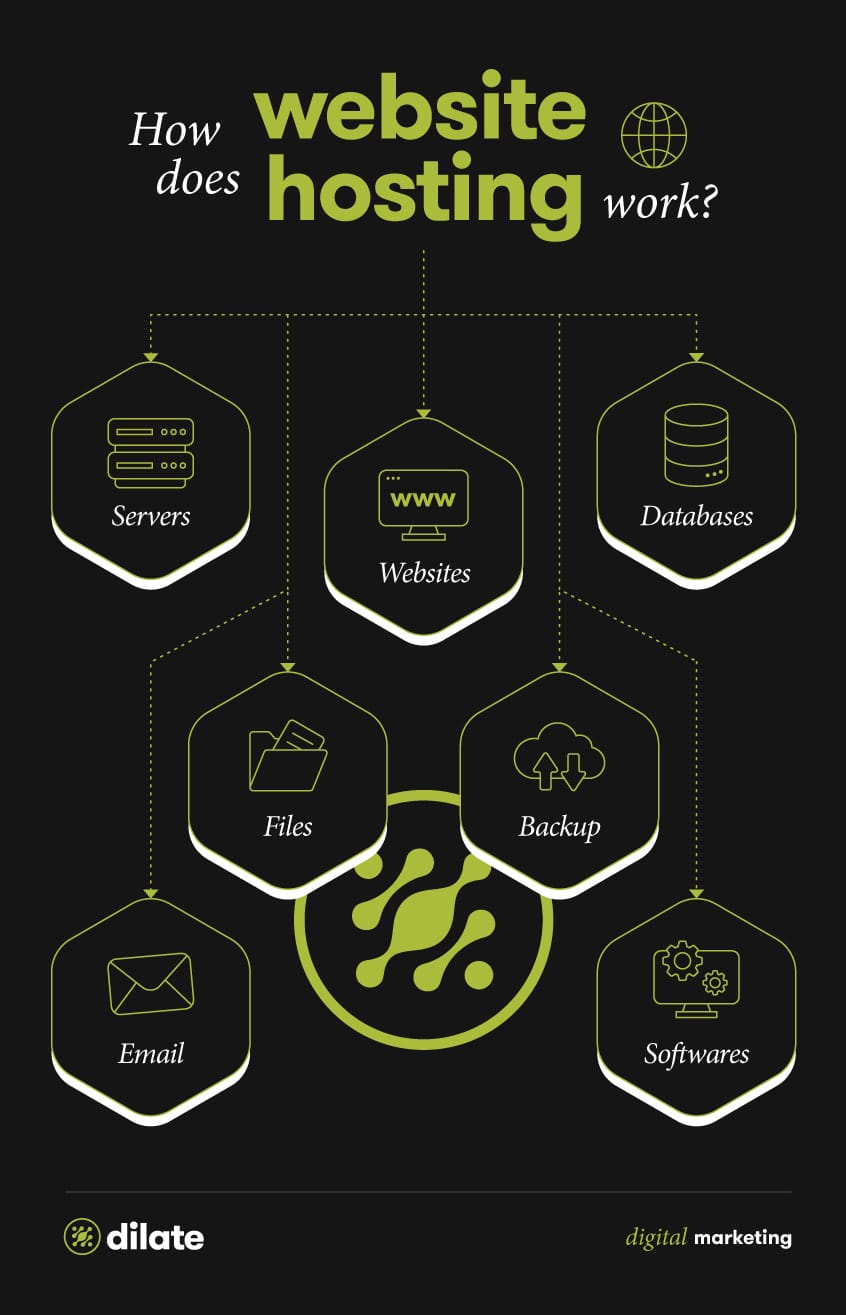

When it comes to establishing an online presence, selecting the right web hosting service is a critical decision. Your web hosting choice can significantly impact your website's performance, user experience, and even its search engine rankings.
But what is web hosting?
It's like renting space on a powerful computer (server) that's always connected to the internet. When you have a website, you need a place to store all its files and data. Web hosting providers offer this space—when someone enters your website's address in a web browser, the hosting server sends them the website's files, allowing them to see your site. Basically, web hosting makes your website accessible and available to people all over the world.

Poor hosting can lead to a range of issues, from slow performance and frequent downtime to security vulnerabilities and loss of credibility. Trusting cheap web hosting does not guarantee savings and at times, it can actually lead to costly restorations, rebuilding or adjustments.
You can prevent these issues by picking the right website hosting service that matches your website's requirements. Opting for a dependable hosting provider is like an investment in the success and reputation of your online presence, ensuring your website runs smoothly and remains accessible to your audience.
If you’re looking at developing a web page, you’ve probably noticed the varying prices of hosting. With some packages coming in with little or no cost, it can be difficult to tell what makes the pricier ones worth the money or the cheaper ones worth the time. So whether you're looking to build a reliable and secure online platform, improve your website performance, or find a better website host that meets your needs, here are 8 steps on choosing the right one for you.

Your website is a crucial part of your online presence and marketing strategy. It involves many aspects, from design to SEO, and from maintenance to web hosting. If you encounter challenges or want to improve your web hosting experience, consider reaching out to website development and hosting experts.
At Dilate Digital, we understand the importance of web hosting in your online business's success and we can assist you in making informed decisions to make your online presence better. Whether you need web hosting, conversion rate optimisation, or a complete digital overhaul, get in touch with us, and let's explore how we can work together to ensure your website performs at its best.
what our clients are saying
create business. better everyday.
Let's Talklearn from the best minds in the business
Bodie provides some insight into Dilate's internal operations. How we approach what we do, and how we strive to be Better Everyday.

"*" indicates required fields


